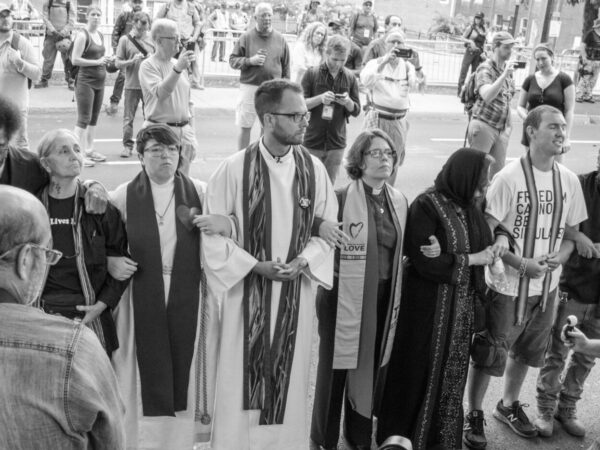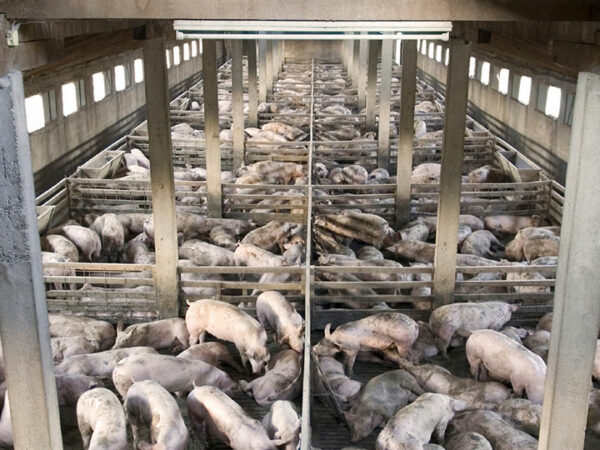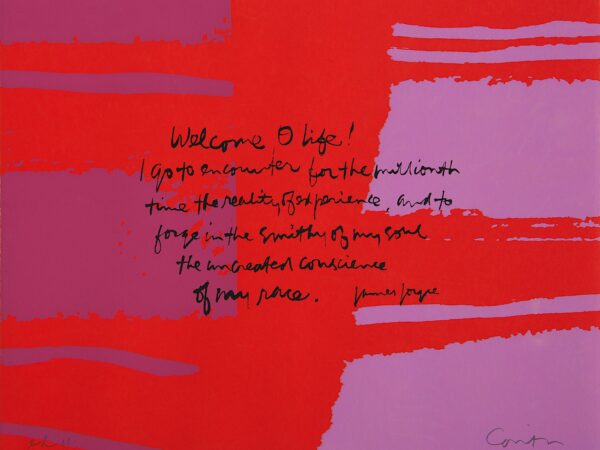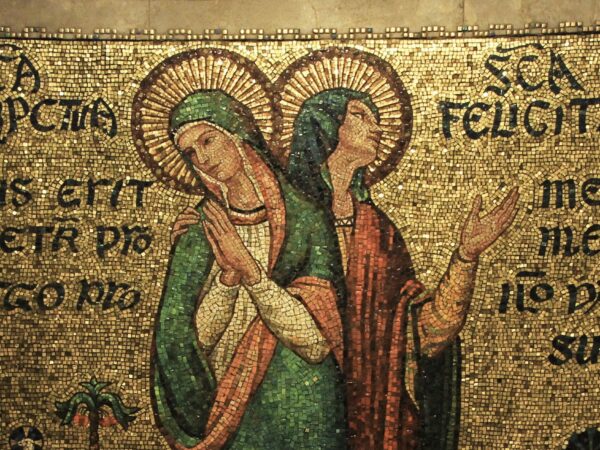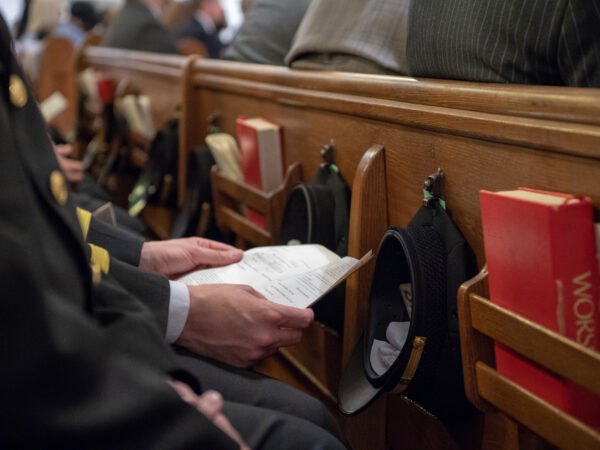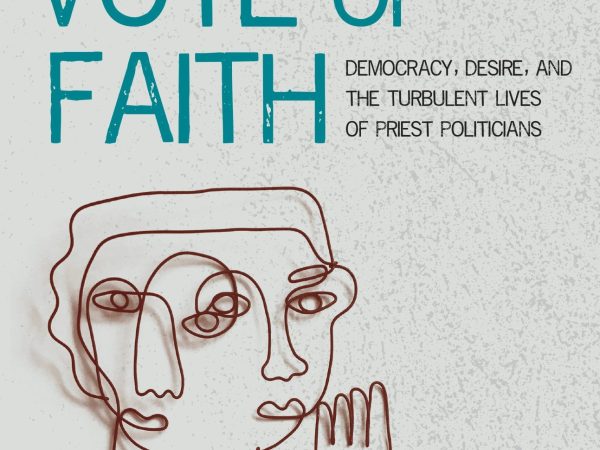
Priests, in order to become mayors, had to be viewed as lovers. So, the mayor-priest is a ‘lover’ in multiple senses. He has to embody God’s love. He has to perform paternal love. He has to signal to society that he is also, very likely – albeit in secret – to be a good sexual lover as well.
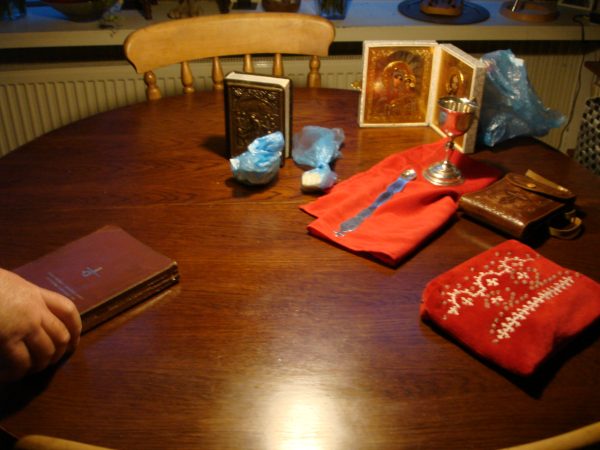
In turning away from more abstract debates about liturgy to those that center on its lived and material dimensions, we hope to enliven a conversation about ‘lived liturgy’ to consider what practices uphold, challenge, or fail to account for the global political order.
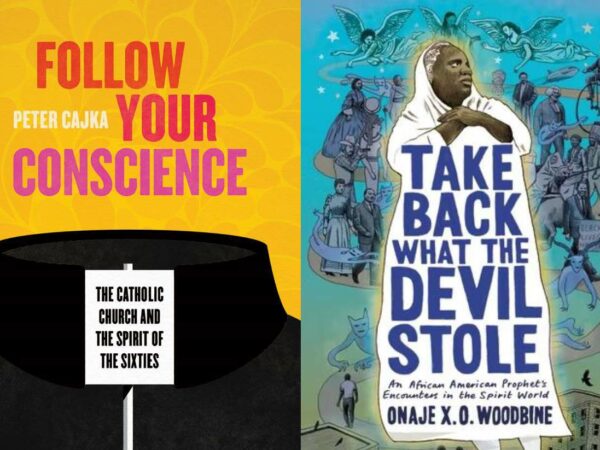
Woodbine’s beautiful narrative is extraordinarily self-aware, and deeply humane. Haskins’ own voice is strong, active, present throughout. I had not planned to read it in one sitting but I literally could not put it down. Only a couple miles northwest of Haskins’ Roxbury, in the mostly Irish Catholic neighborhood of Chestnut Hill near Boston College, there is a totally other religious and cultural world. This is the place of white priests, educated Catholics, lecture halls, and the circuits of urban Catholic power. Particularly in the 1960s and 70s, it might as well have been another planet from Afro-Caribbean Roxbury.
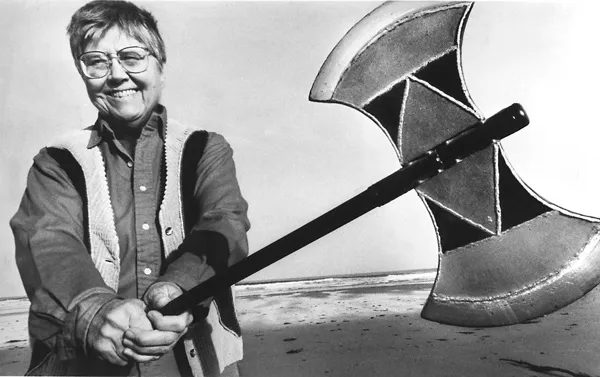
Despite her rejection of Catholicism as irredeemably patriarchal, this essay explores Mary Daly’s complicated relationship with her theological past. Daly offers a vision for “boundary living” — where institutional disaffiliation creates a space for creatively reclaiming and reconstructing the tradition.
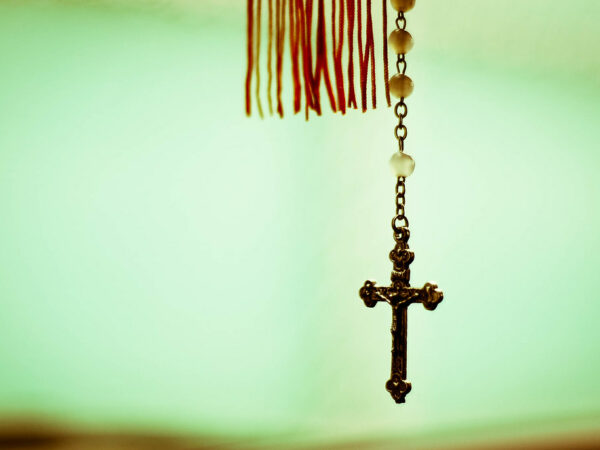
As part of a larger project of racial profiling, officer testimonies reveal that the establishment of reasonable suspicion, the search and seizure of vehicles, and the violation of fourth amendment rights of Mexican and Mexican-American drivers often rely on faith-based determinations between orthodoxy and heterodoxy. Officers in such cases incorporate information learned at privately-run law enforcement trainings and seminars, where religion, racial profiling, and crimmigration intersect.
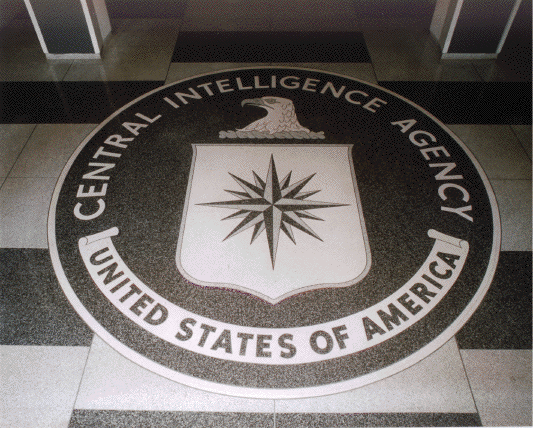
This post considers how the purportedly “secular” state strategically deployed “Catholicism” in its imperial actions abroad and how those reverberated at home. The Central Intelligence Agency found Catholicism to be a useful ideological ally in the struggle against communism during the Cold War, raising up anticommunist, conservative, and largely white US Catholics as ideal citizens at home to support their use of Vietnamese Catholics as anticommunist allies abroad.
